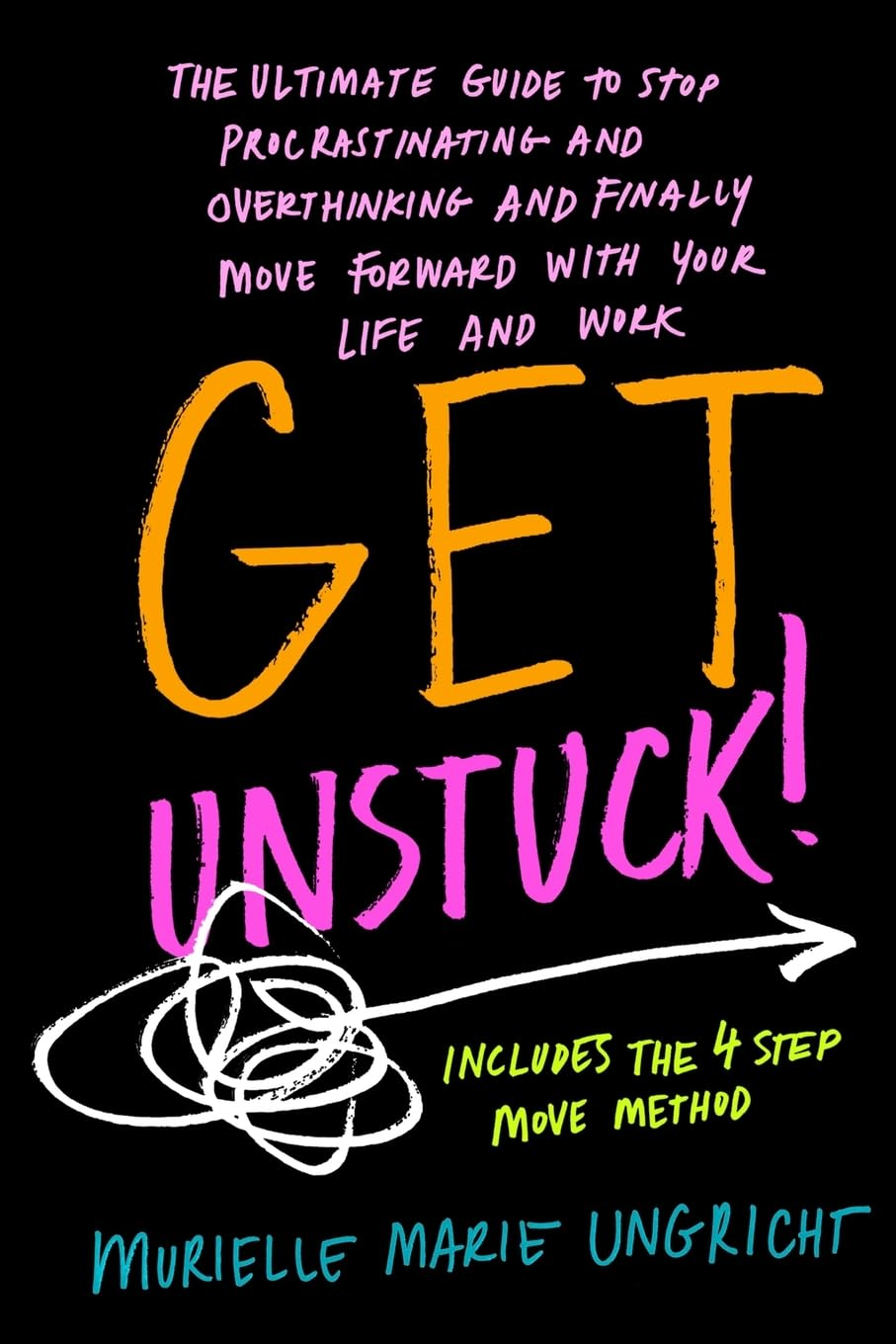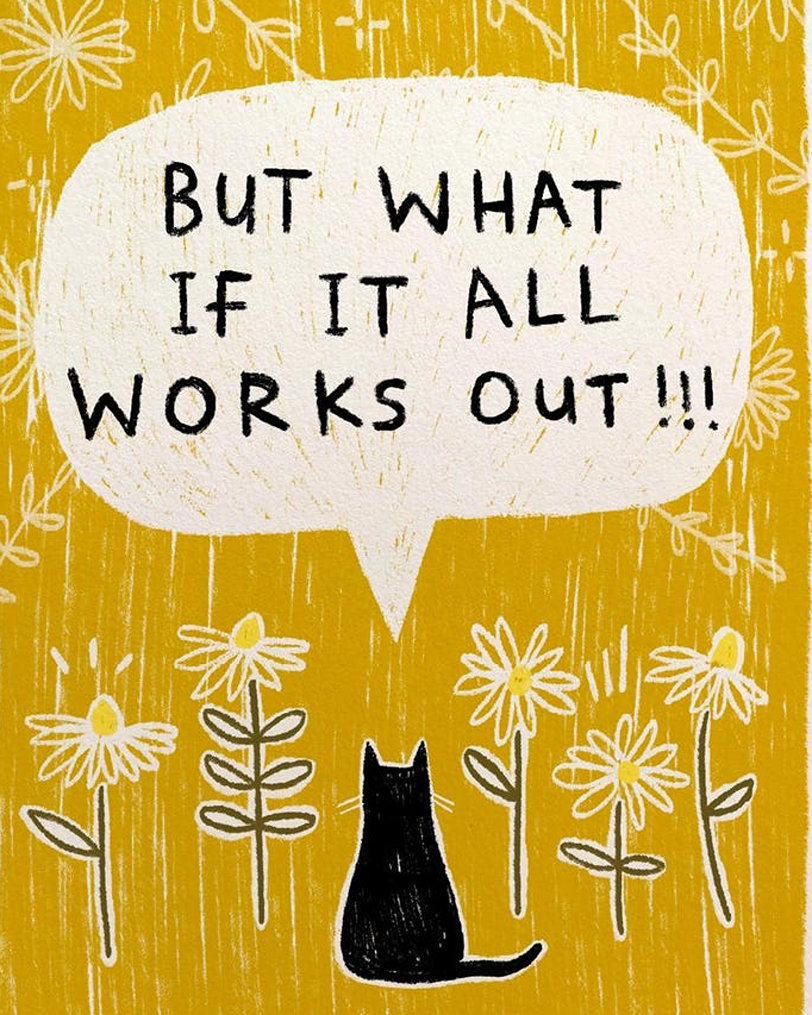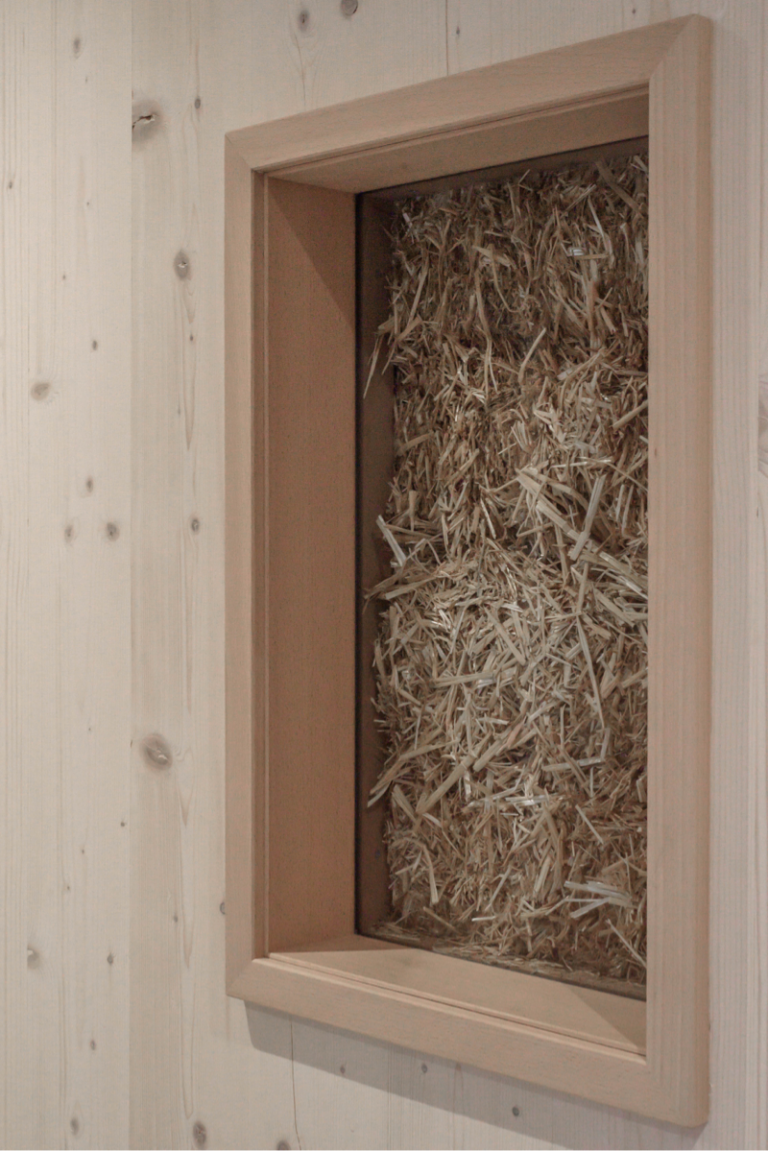
Procrastination (putting off things) rarely is due to being lazy. It’s more to do with fear, overwhelm and often simply to not having a plan. From skipping the gym to delaying your entire life, procrastination can creep in quietly, if you don’t do something about it. Get Unstuck is written by a member of the Beautiful You Coaching Academy.
Uncover the Reasons You Procrastinate

When a task feels too big or scary, our brain kind of likes to put things off for later. Fear of failure can lead you to not go for the job you want, not reach out to the person you like, or hold back on going it alone. Perfectionism can be a part of this. What if it all goes wrong?
Overwhelm is another main trigger. Big tasks (like moving home, moving on from a ‘done’ relationship or getting out of massive step) can cause the mind to freeze, so you prefer to do something easier (like eat cake!)
Depression can lead to a lack of motivation. But motivation usually follows action, not the other way around. For instance, say you are 10 stone overweight, and need to get fit for your health and self-esteem. You are never going to feel motivated to start exercising (a gentle walk say) at first. If you’re 10 stone overweight, you likely have little energy, and prefer to stay indoors and watch TV, away from the world.
But if you take those first few steps, the next day you’ll notice the benefits. After a week, you’ll have lost a few pounds. And feel more energy when you do go for a walk. Then you may rest on a park bench, and start talking to someone, and tell them your journey. And be surprised to find that most people won’t laugh, they will feel empathy and encourage you.
What if you have a drinking problem? Each night you say ‘I’m going teetotal tomorrow’. But then some stressful event happens during the day, and you find yourself back to drinking wine at night.
If you keep thinking this way, you’ll never give up drinking. To stop procrastinating, replace the drinking wine and watching TV with something else. How about visiting the library and finding some good novels, making a cup of your favourite herb tea, and creating a new ‘evening routine?’ It only will take a week or so, and you will have formed a new ‘neural pathway’ in your brain, and giving up alcohol will be far easier than you thought.
Waiting to feel inspired to change your life, will keep you feeling stuck. But changing your life (even if the first few days or weeks feel like pulling your feet out of heavy mud), will end up in you becoming inspired in a very short while.
Track Your Wins, Learn from Setbacks

Making a plan helps to keep you on course. Instead of making endless ‘to-do lists’ that never get finished, make a weekly plan, and then have a weekly review on Sunday evenings.
List what you started, what you finished and what you learned. Keep it brief. Treat a missed week of exercise as a speed bump, not a road block. Plan the next tiny step. If you had a stressful night and downed a bottle of wine, visit the shops the next day to buy a blender, and start making an evening smoothie.
Build staying power, but also practice self-compassion. Train your brain to expect progress, even if there are little detours along the way.
Fall down seven times. Stand up eight. Japanese proverb






